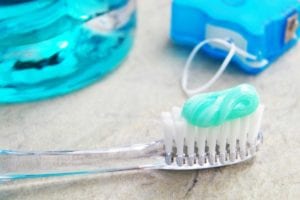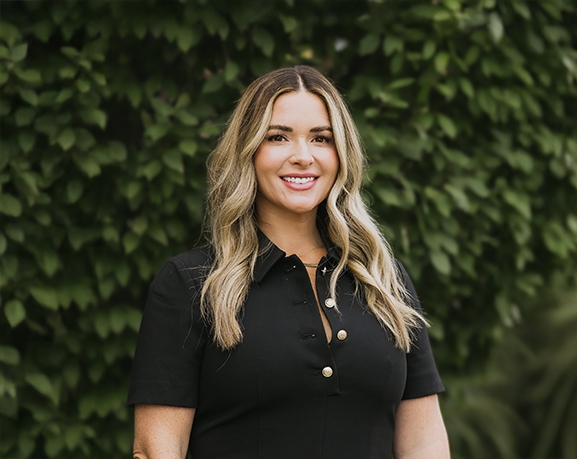 For children, losing teeth is a normal part of life. In fact, many families celebrate this rite of passage with fables of fairy visitors who leave money or trinkets in exchange for the lost teeth. When adults lose teeth, however, it’s often seen as cause for embarrassment rather than celebration. This is because tooth loss in adulthood isn’t the result of new teeth growing in but of the deterioration of tooth and gum tissue.
For children, losing teeth is a normal part of life. In fact, many families celebrate this rite of passage with fables of fairy visitors who leave money or trinkets in exchange for the lost teeth. When adults lose teeth, however, it’s often seen as cause for embarrassment rather than celebration. This is because tooth loss in adulthood isn’t the result of new teeth growing in but of the deterioration of tooth and gum tissue.
While tooth loss in adulthood can’t be prevented entirely – accidents happen, after all – understanding the primary causes for oral health decline and how best to counteract them can give you the upper hand in keeping your pearly whites intact.
Periodontal Disease
The primary cause for tooth loss in adulthood is periodontal disease. Commonly referred to as gum disease, this is an infection caused by the buildup of oral bacteria. As these bacteria accumulate over time, they create plaque on an individual’s teeth and irritate their gums. As the plaque buildup increases, so do the symptoms of gum disease. When left untreated, this can lead to bleeding, pain, the breakdown of dental and gum tissues, and tooth loss.
Those at higher risk for developing gum disease include:
- Smokers
- Diabetics
- Immunocompromised individuals
- Girls and women experiencing hormonal fluctuations
- Individuals with high blood pressure
- Individuals with rheumatoid arthritis
- Individuals on medications that cause dry mouth
- Individuals who neglect oral hygiene
Fortunately, a little prevention goes a long way in avoiding the effects of gum disease. Regular brushing and flossing can clear away these problematic bacteria before they have the chance to cause infection. Avoiding smoking can also significantly reduce your risk of periodontal disease. One study showed that approximately 30% of all adults who lose teeth to infection are current or former smokers.
Certain risk factors, such as those relating to other health conditions, cannot be avoided. In these cases, the best defense is professional dental care. The study mentioned above found that only 13% of individuals needing tooth extractions had visited a dentist within the preceding six months. Taking good care of your teeth at home simply isn’t enough to prevent deterioration and decay. Following your dentist’s recommendations for cleaning and maintenance appointments will ensure that any oral health concerns are caught and treated promptly, allowing you to keep the teeth in your mouth and the smile on your face.
The information and content on our website should not be used as a substitute for medical treatment or advice from your doctor.












